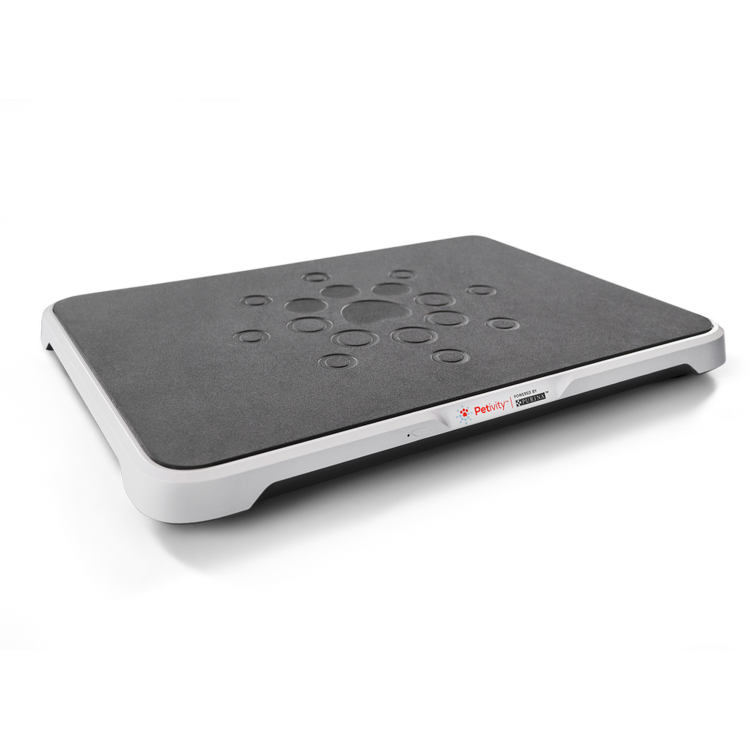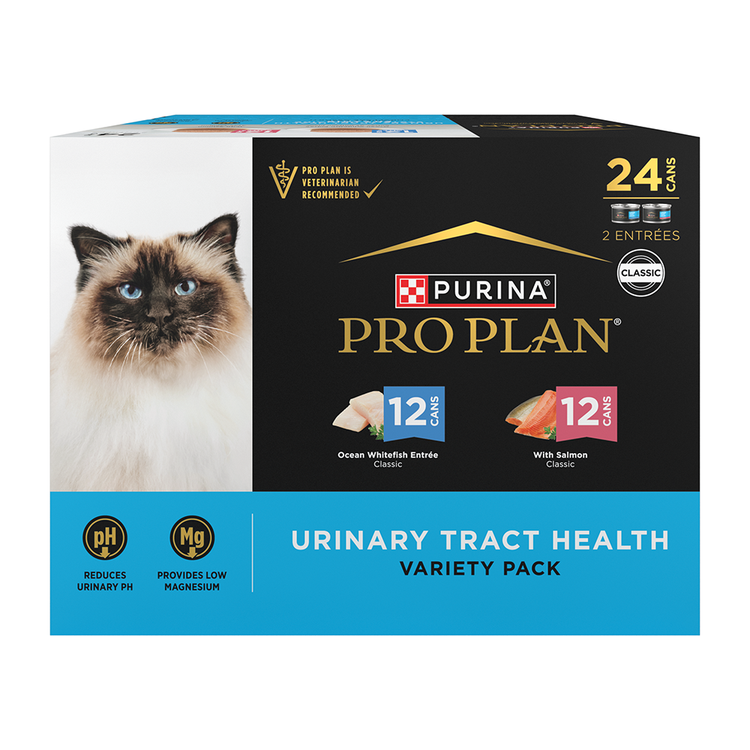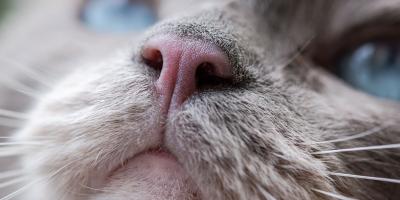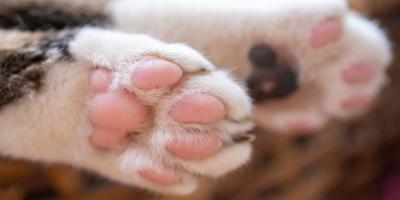What Causes Crystals In Cat Urine?


If you’re wondering what causes crystals in cat urine, you may be concerned about bladder stones.
No matter the reason, it’s important to understand urine crystals (also known as Crystalluria), as they can leave clues to other health issues.
Fortunately, if your veterinarian is concerned about them, they can often be treated by diet modifications that might include—to the delight of many felines—wet cat food.
Here’s what you should know about the causes and treatment of crystals in cat urine.
Crystals in Cat Urine Explained
Your cat’s diet contains a variety of minerals that are ingested when they eat.
Crystals are formed when minerals in the urine become oversaturated and begin to stick together.
Whether or not minerals stick together depends on a few factors including urine concentration and pH, i.e., the measure of how acidic/basic the urine is.
Note the presence of crystals in urine is common, and doesn’t necessarily mean there will be negative health consequences for your cat.
Types of Bladder Crystals in Cats
There are two common types of crystals:
- Struvite crystals are associated with high concentrations of magnesium, ammonium and phosphate in your cat’s urine. They rarely are signs of infection in the cat.
- Calcium oxalate crystals usually form due to high levels of calcium and oxalate in the urine.
How Crystals Form Bladder Stones
If many feline urinary crystals become compacted, they form a bladder stone.
Cats with small stones may show no symptoms, and struvite stones can sometimes be dissolved through a special diet.
Larger stones, however, can cause pain when your cat tries to eliminate. If they become stuck in the urethra and completely obstruct the flow of urine, they will likely cause a health emergency.
Cat Bladder Crystals — Symptoms
It’s natural to be concerned about your cat’s health and want to check their urine for symptoms of crystals.
Those that can be seen with the naked eye are fairly shiny and small, resembling sand-like grit. Others can only be seen under a microscope.
If you’re able to see small bladder stones, contact your veterinarian for their input.
Who’s at Risk for Feline Urinary Crystals?
For those wondering what causes crystals in cat urine, it helps to know which felines are more likely to get them.
Persian and Himalayan cats, especially males, are more susceptible to urinary crystals.
Certain illnesses may also be contributing factors. Calcium oxalate crystals are sometimes associated with high levels of calcium in the blood, which can be associated with diseases like kidney problems.
Diet can play a role as well. Cats who eat high-mineral or unbalanced diets may have excess calcium and phosphorous in their urine, leading to the creation of bladder crystals and stones.
Additionally, if your cat is stressed, they may avoid their litter box and stop eliminating. If they hold their urine for too long, it can cause minerals in the urine to form crystals.
Diagnosing Urine Crystals in Cats
Observing crystals in your cat’s urine at home won’t necessarily reveal much about their health.
The best way to determine if crystals are a sign of other medical conditions is to have your veterinarian perform a urinalysis and blood work.
Once the urine is collected, they can measure concentration and pH, and examine cells and solid material under a microscope. This will give you a more detailed, accurate picture of your cat’s health.
How to Treat Crystals in Cat Urine
If you’re pursuing treatment to prevent crystals in your cat’s urine, your veterinarian can guide you. A special diet may be recommended, but it will vary depending on the type of crystals your pet has.
A diet that promotes acidic urine may help dissolve struvite crystals. It can be a short- or long-term solution, depending on if excess crystals disappear or recur.
If your cat has calcium oxalate crystals, a diet can decrease the risk of crystal formation. Avoid foods and supplements high in calcium, as well as excess vitamin D and sodium.
Ensuring your cat stays hydrated is also key to treatment, as water creates healthier, less concentrated urine.
For felines who resist the water dish, you may consider switching to wet food as a supplemental source of hydration.
Remember, if you want to know more about what causes crystals in cat urine to ensure your feline companion stays healthy, talk to your veterinarian.
Have more questions about cat health? Learn what our experts have to say on our Pet Expertise page.
Related articles

Earn myPurina Rewards with Every Purchase
Use your points for treats, toys, and gift cards with myPurina app.





